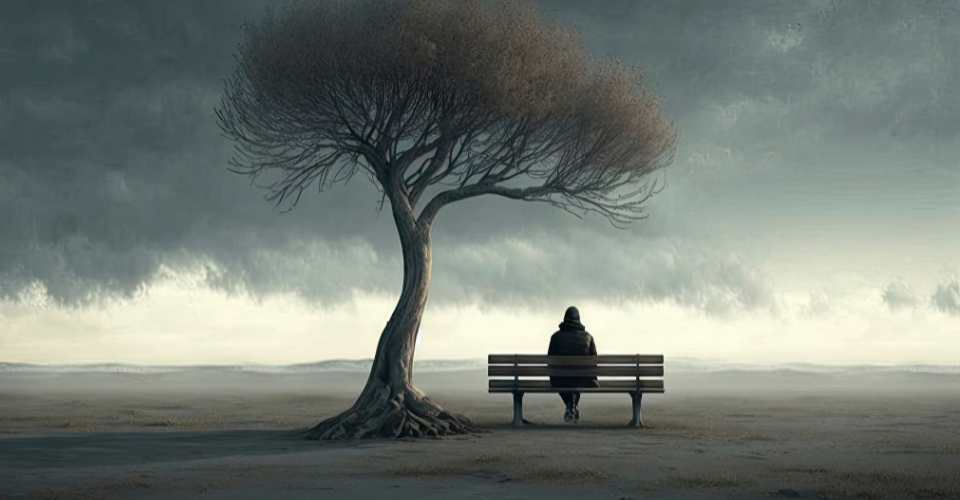Loneliness: An Anomalous Position of Faith
A surprising dynamic was found in recent research published in the British Journal of Psychology: lonely individuals tend to trust others more, yet expect those others to be less trustworthy while extraverted individuals, generally experiencing less loneliness, showed the opposite pattern.
Understanding Loneliness
Loneliness is a feeling that arises from an emotional need felt but not met by other people. It is not about being alone; one can feel isolated even when surrounded by many people. Loneliness can be temporary or lasting in nature and the latter has been related to various health problems such as depression, anxiety, cardiovascular disease and weak immunity.
The Vicious Circle of Loneliness
As a result of this isolation lonely persons often withdraw from social activities thus creating a cycle of loneliness and depression. The effect of loneliness on trust and expectations about others’ trustworthiness was examined by Gabriele Bellucci and Soyoung Q. Park.
Study Design and Methods
Study 1: Economic Games and Trust
The first study invited 209 young participants to play economic games for measuring their level of trust or mistrust towards other people (also known as cooperativeness). Respondents determined how much money they wish share with their partners knowing that it will be tripled before being returned according to the partner’s choice. Participants also completed measures of well-being including loneliness, happiness, self-esteem, need-to-belong among others.
Study 2: Personality Traits and Trust
In replication of study one with 159 participants including measures (extraversion & agreeableness) regarding personality traits was made in order to test whether these traits moderate the relationship between loneliness and trust.
Study 3: Online Examination
Personality traits affect the connection amid loneliness and reliance on internet.
Participants
Two hundred nineteen participants participated in the study which was conducted online.
Key Findings: Trust and Loneliness
Lonely but Trusting
The first study showed that those who were lonelier also trusted others more while expecting less trustworthy behavior from them, thereby leading to a contradictory situation in relation to loneliness and trust.
Personality Matters
In contrast, the extraverted or agreeable individuals had lower feelings of loneliness and predicted higher trustworthiness of other people. On the flip side, when it came to introverted people as well as those who found it difficult to fit into their environment, they viewed others as untrustworthy; nevertheless, being more neurotic did not have an effect on expectations of trust besides greater loneliness.
Extraversion and Trust
Moreover, the third study disclosed that extraverts anticipated lower partner’s trust than introverts did despite having higher expectations about its reliability.
Broader Implications
This research argues that loneliness affects both behaviors of trust and our expectations about trust which is moderated by personality traits. Also whereas males reported higher levels of loneliness than females, unmarriedness, older age group, higher income led to greater levels of isolation among the respondents.
Conclusion and Future Directions
According to Gabriele Bellucci and Soyoung Q. Park “higher levels of loneliness predicted a greater mismatch between social expectations and behaviors,” with lonelier individuals trusting more despite more negative expectations of their partner’s trustworthiness.” Furthermore such impacts were particularly strong among less extroverted subjects.”
The research provides important insights but admits some limitations like using small sums of money for experiments and lack of human contact during game playing. Future studies may examine such dynamics against a backdrop involving much starker realities through true-to-life engagements between persons.
“Loneliness is associated with more trust but worse trustworthiness expectations” was authored by Gabriele Bellucci & Soyoung Q. Park.



Leave a Reply
You must be logged in to post a comment.